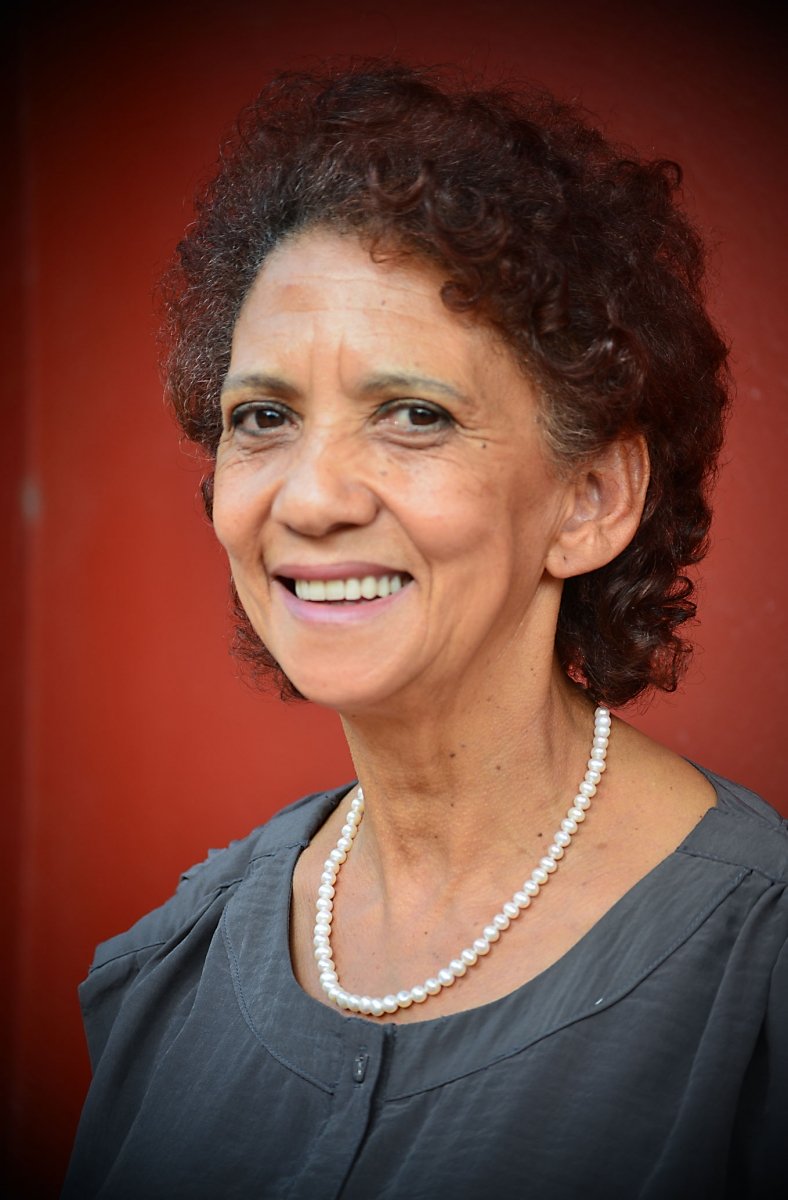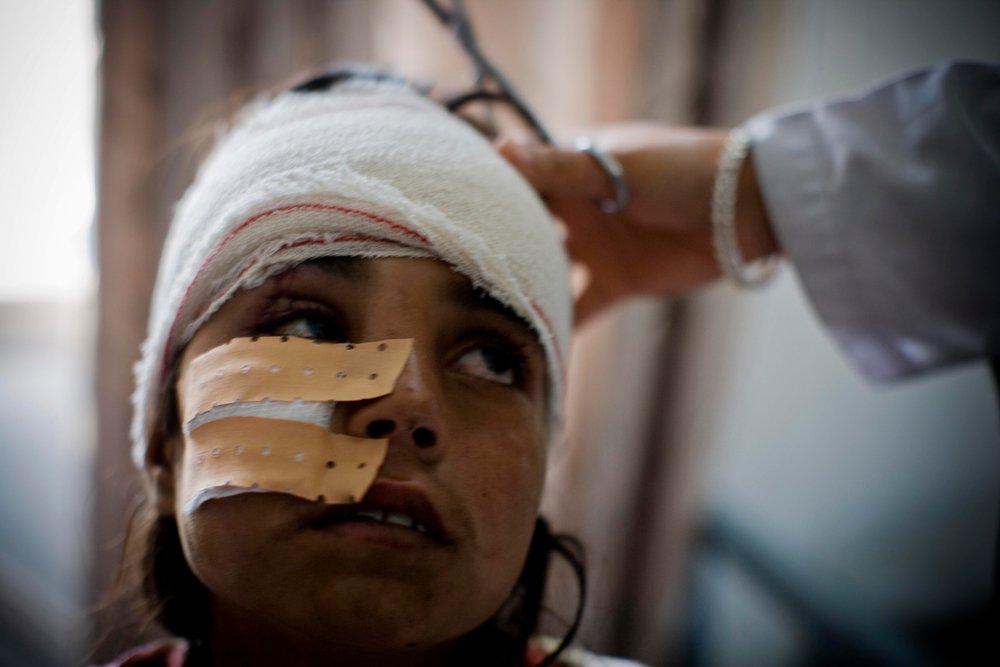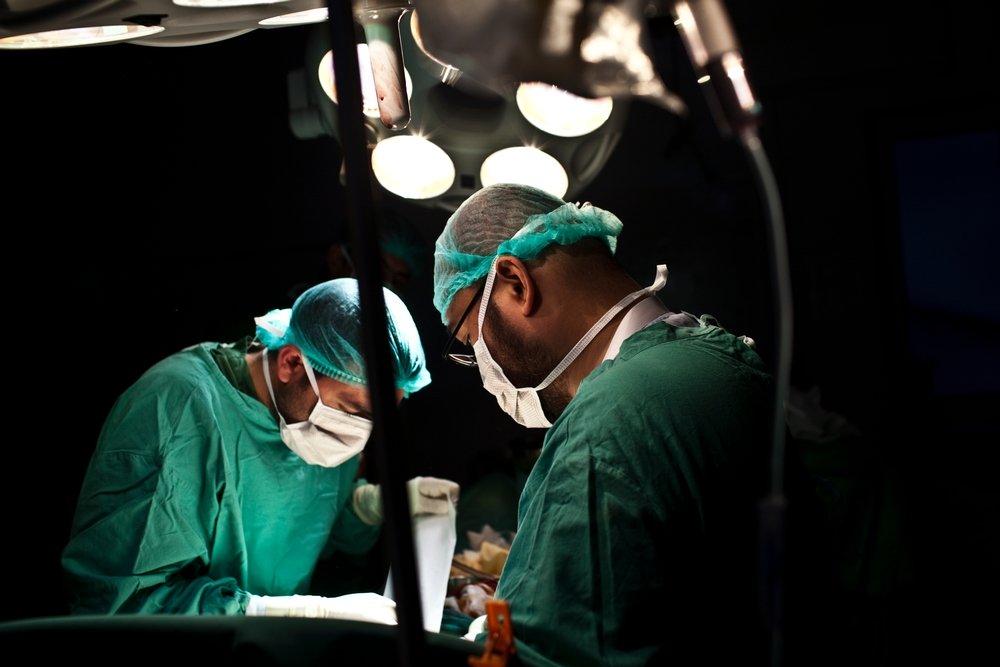
Adeline Oliver: Aged 61, from Johannesburg
Position: Operating Theatre Nurse
Location: MSF-supported hospital in Lashkargah,
Helmand province, Afghanistan.
When I arrived in Helmand province in December 2011 it was extremely cold with frosty mornings. It’s spring now, which is beautiful, but some days are unbearably hot. I’ve been working for nearly six months, supervising nearly 20 nurses and 20 cleaning staff in the operating theatre, sterilisation department, intensive care unit and female in-patient department of Boost Hospital, which sits on the outskirts of Lashkargah.
My relationship with the Afghan staff I supervise is good. But the language barrier is still a challenge – particularly in the female inpatient department. Only the supervisor speaks very minimal English, so it can be difficult to get messages through. It is hard to find qualified, English-speaking staff, especially in an area like Helmand which is heavily affected by years of war. In the sterilisation team, most of the staff I oversee are illiterate, but they are very committed and a pleasure to work with. Together we have found creative ways of communicating by using drawings to get the point across.
In the operating theatre we see a lot of general trauma cases – mostly road traffic accidents. Surprisingly, we see many children under the age of one with bladder stones requiring surgery – the youngest was only four months old! We suspect this might be due to water pollution. In winter, when I arrived, we saw many women and children with burn wounds from exploding oil heaters.

At least once a week we receive someone in a coma, the cause of which has really baffled me. At first we were not sure if the comas were drug-related, maybe malaria, or something completely different. One patient I really made a connection with was a 30-year old woman who came to us in one of these “unknown comas”. We managed to discover she was ill with hepatitis, and cured her. She woke up after five days in a coma. When I saw her later, she was so happy. She kept thanking us for saving her life. It was amazing to see the gratitude for MSF’s work.
What makes my job hard is to see patients dying because they only seek medical help very late. It could be because transport is difficult due to insecurity, or being unable to pay for the ride to the hospital. Sometimes they’re simply not aware of how serious their medical problems are. I sometimes feel so helpless watching people die from diseases that could have been prevented with earlier medical intervention. Lashkargah, and Helmand as a whole, is an impoverished area where people have very little. MSF’s services – drugs, medical care – are completely free. We’re trying to make people understand that the poor quality drugs they get on the local market are both expensive and often toxic.
Helmand is obviously not a secure area and has seen a lot of fighting in recent years. I’ve heard a few bomb blasts, but it hasn’t affected our work. It’s as safe as it can be – as long as you follow MSF’s strict security rules, which means we only travel to and from the hospital, never in the city. I haven’t found the restrictions too difficult – we have a big team and everyone is supportive. This is my first mission with MSF. But being retired from my nursing job in South Africa made it easier. My years of training and nursing experience in South Africa have been invaluable in this situation.
Find out more about MSF in Afghanistan
